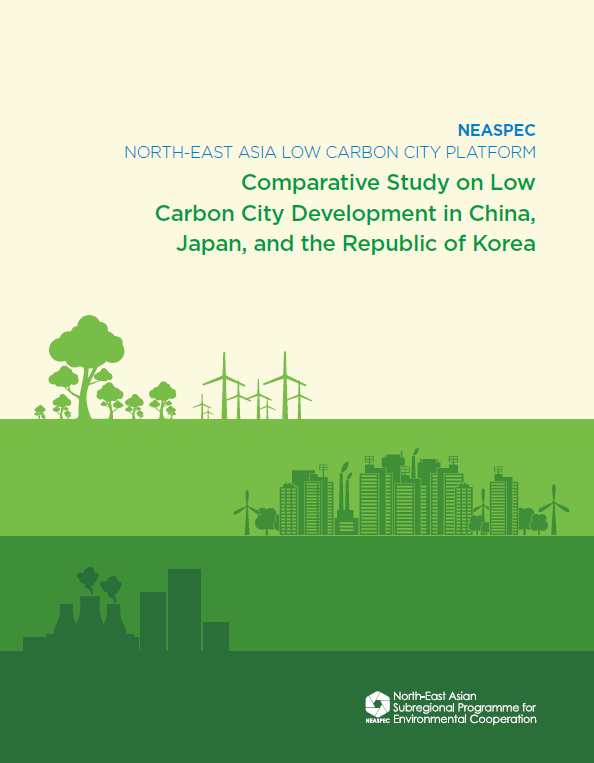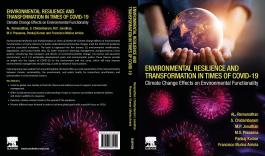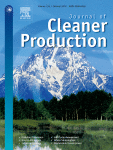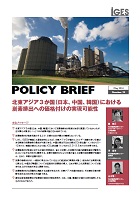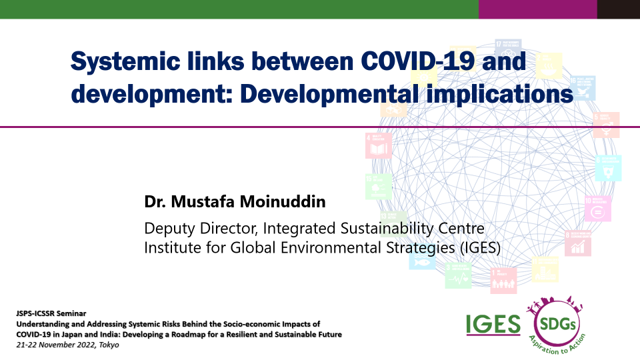ESCAP/North- East Asian Sub-regional Programme for Environmental Cooperation
This report analyses and compares the low carbon city policies and practices of China, Japan, and the Republic of Korea, with the goal of identifying sector-specific and city-specific good practices that may be instructive to researchers and policymakers in the wider NEA region. It examines key national-level carbon mitigation policies and sector...
Keywords:

